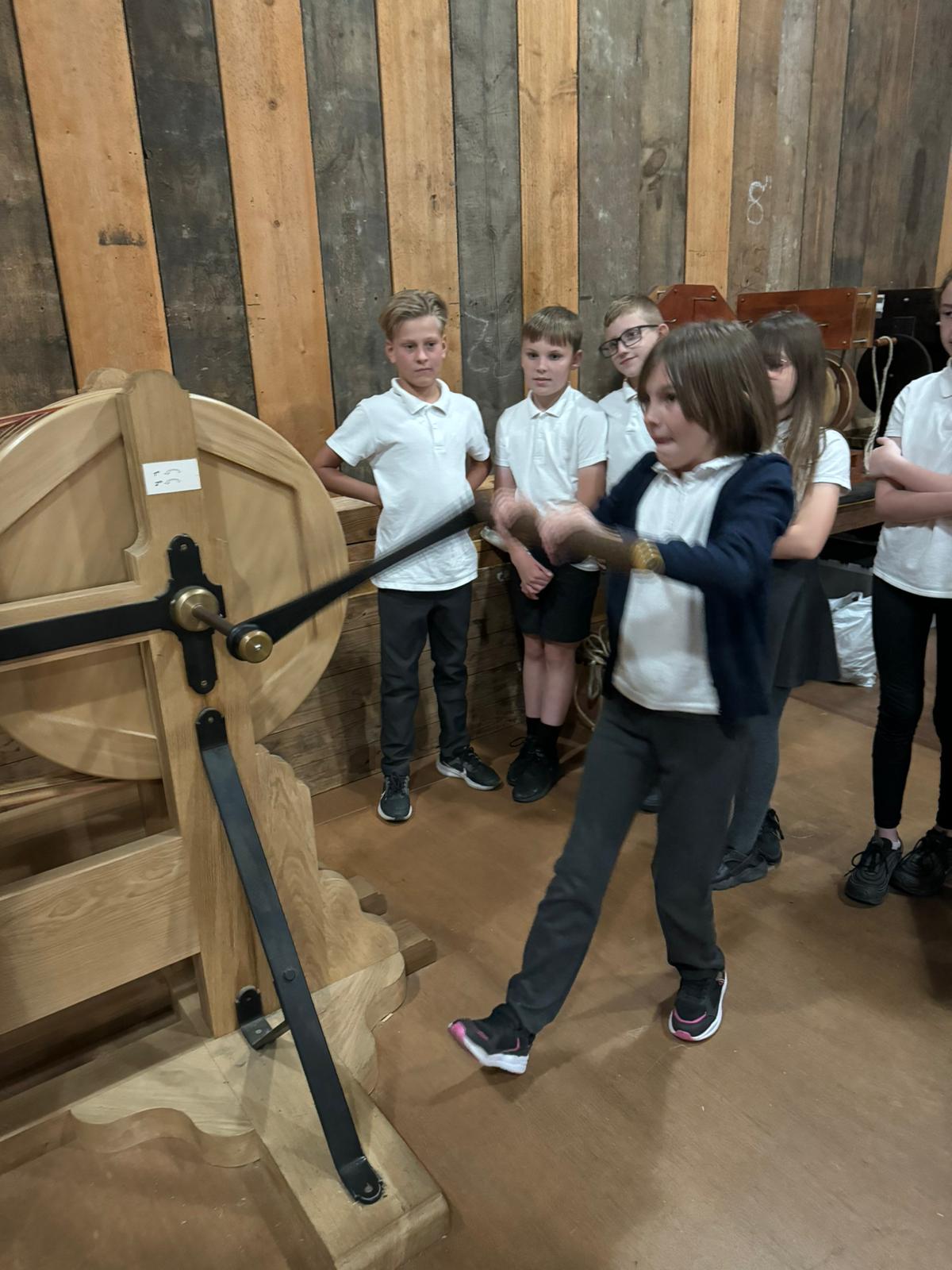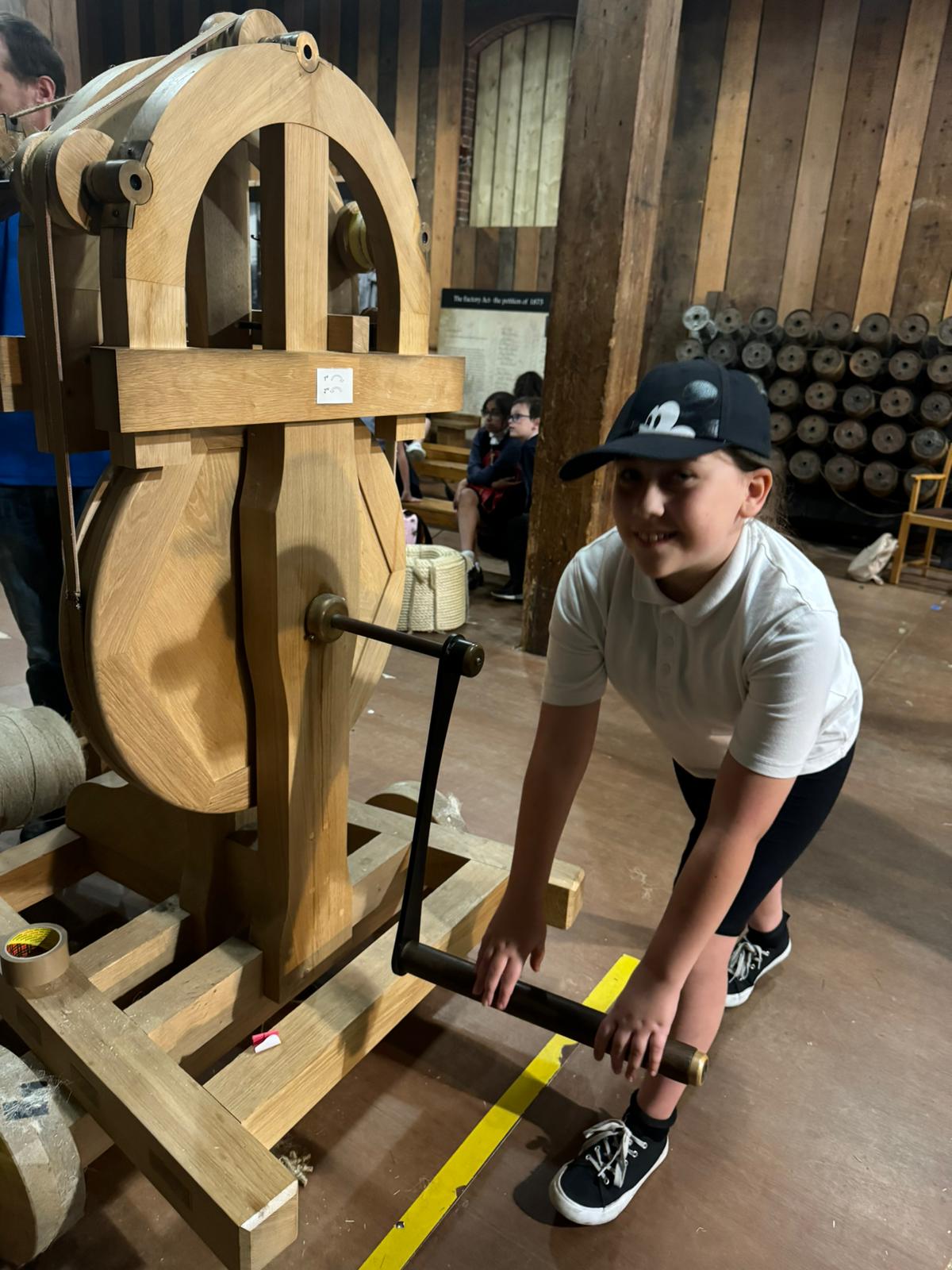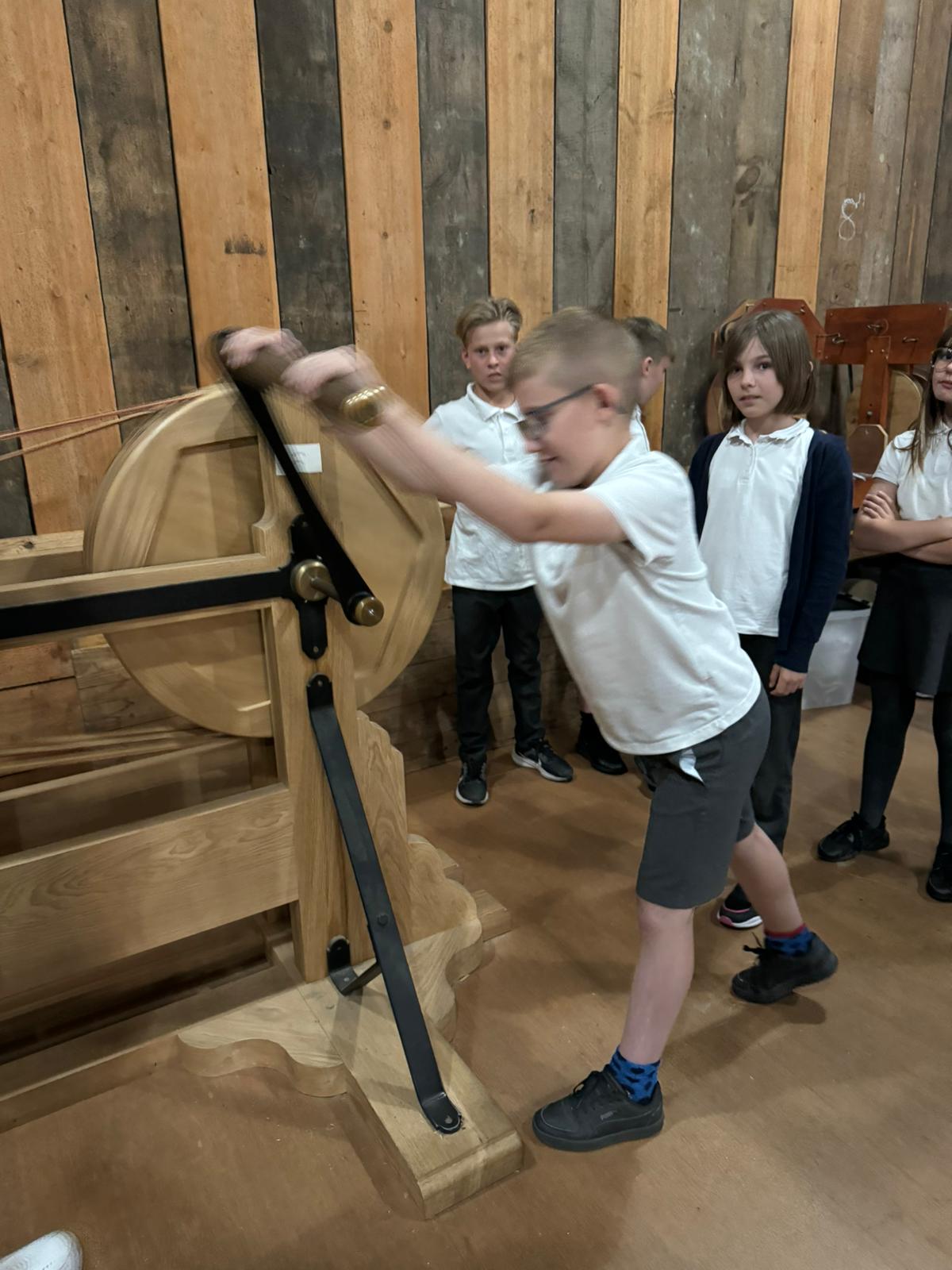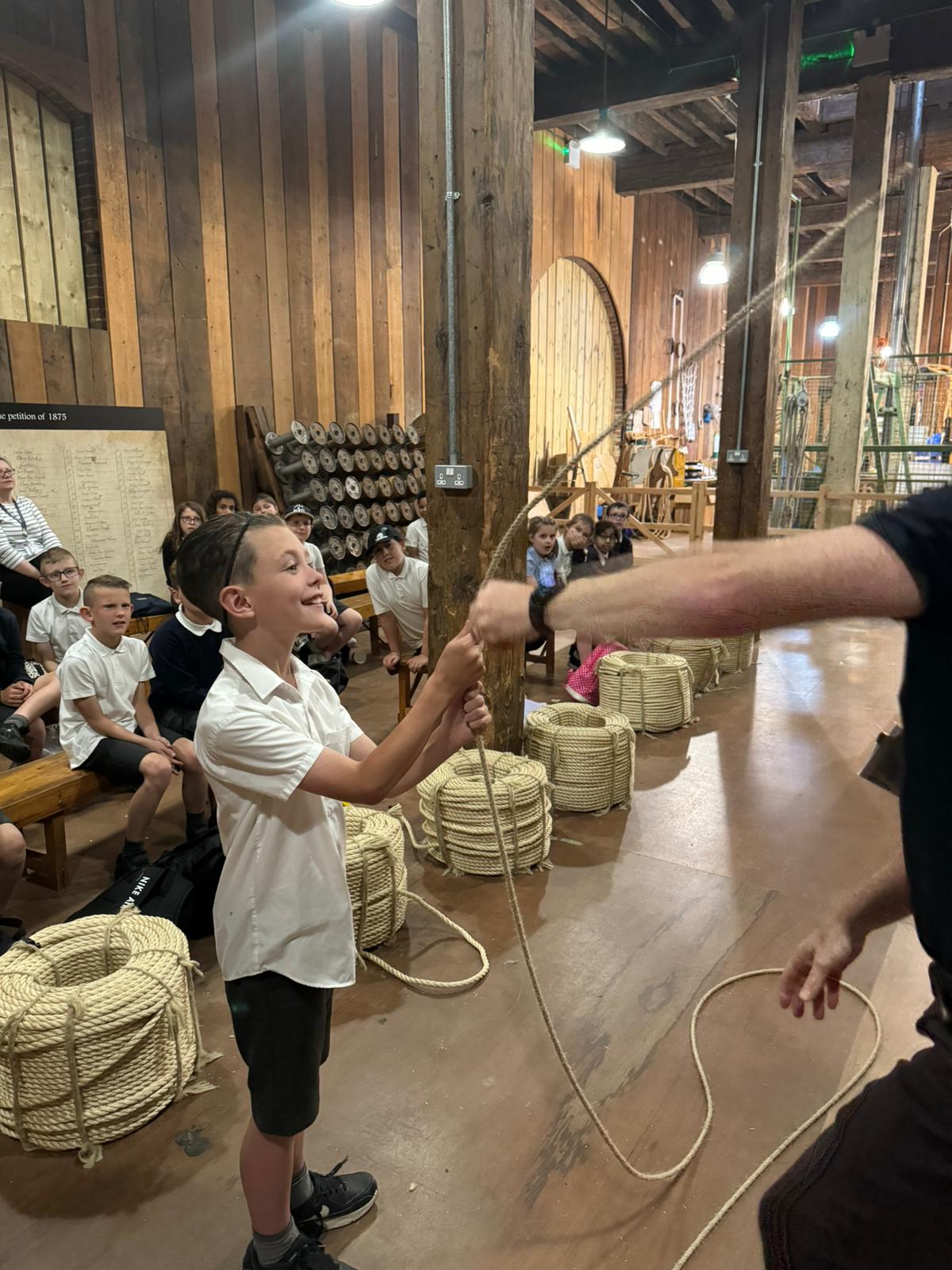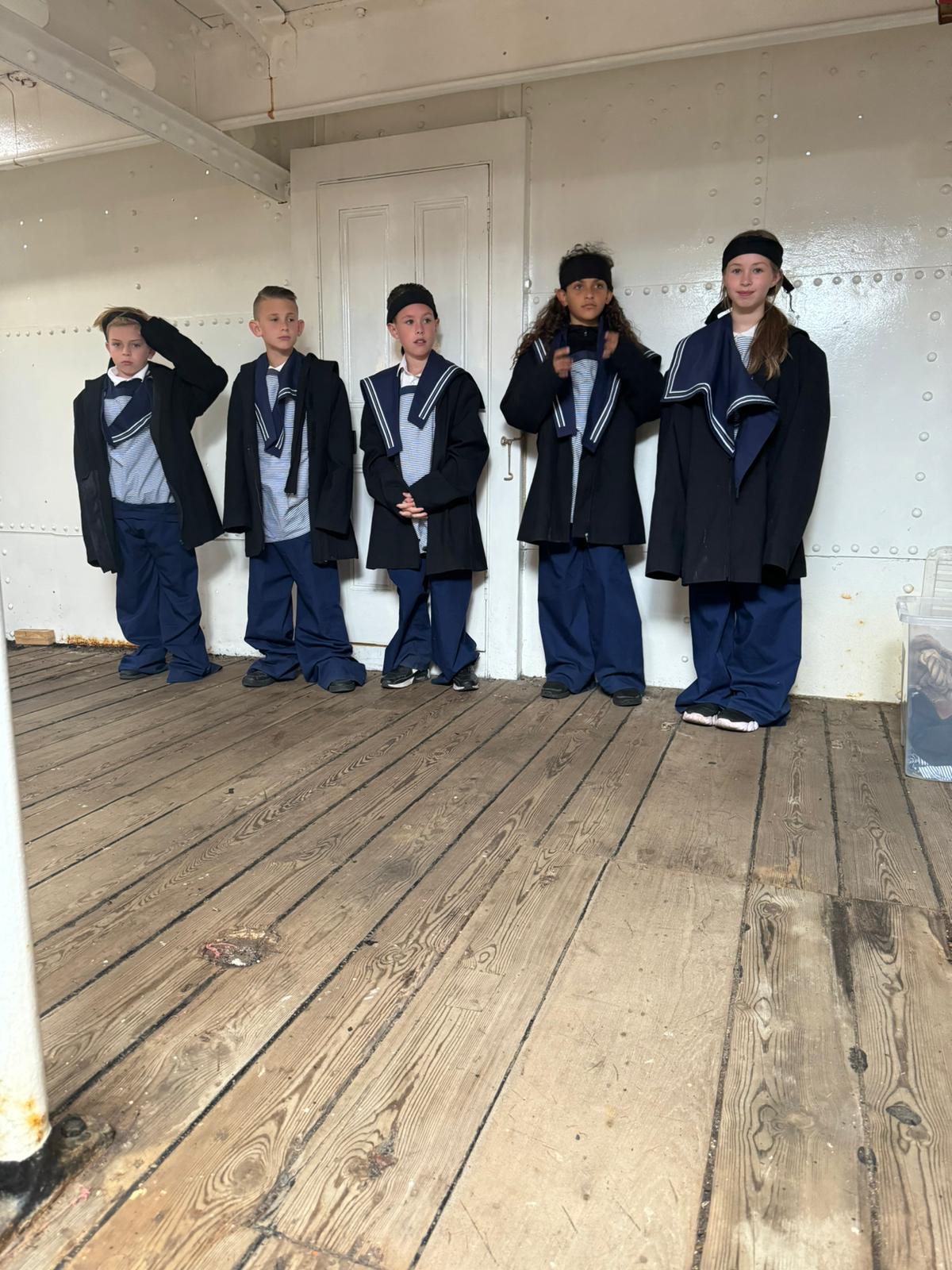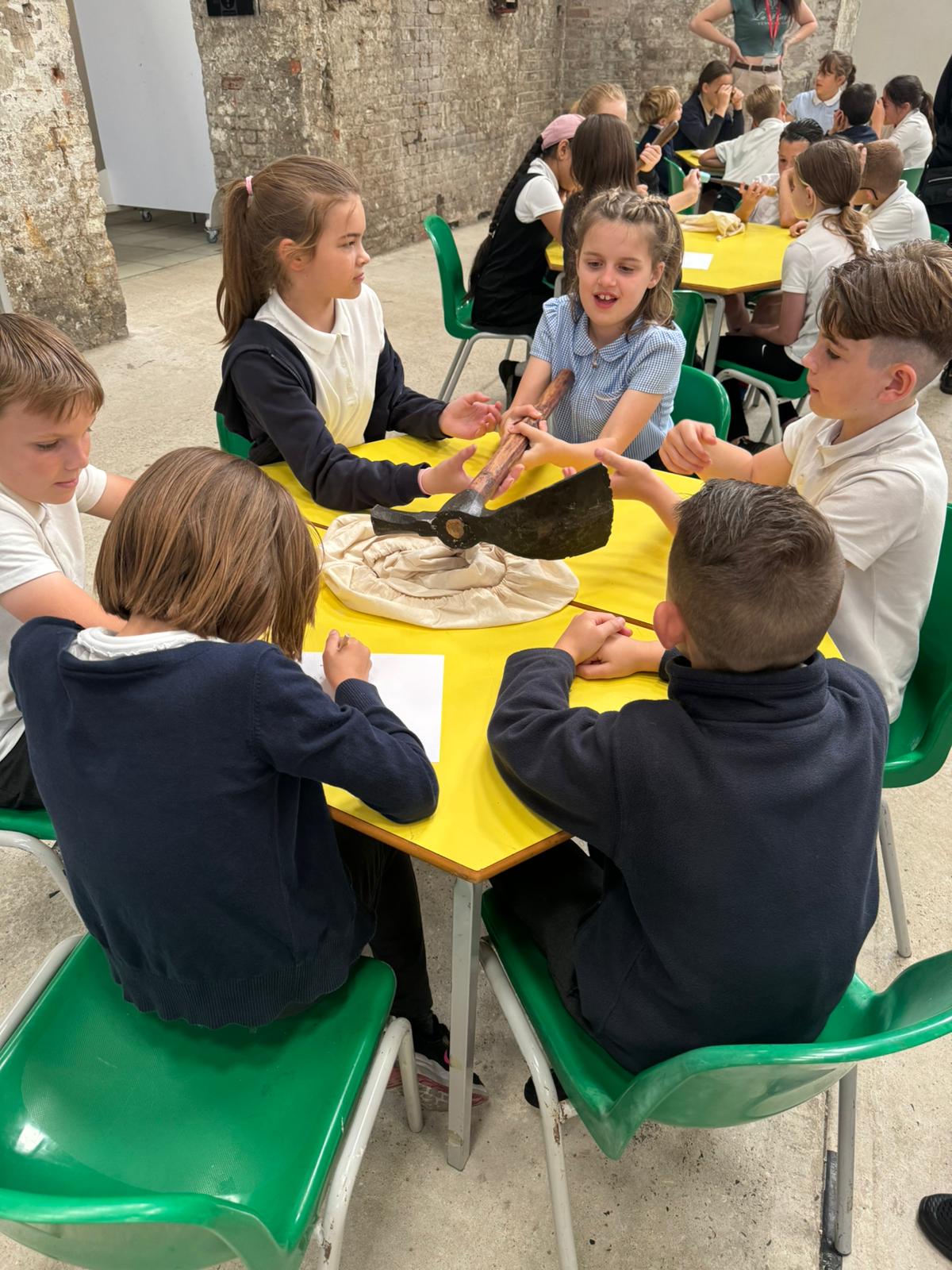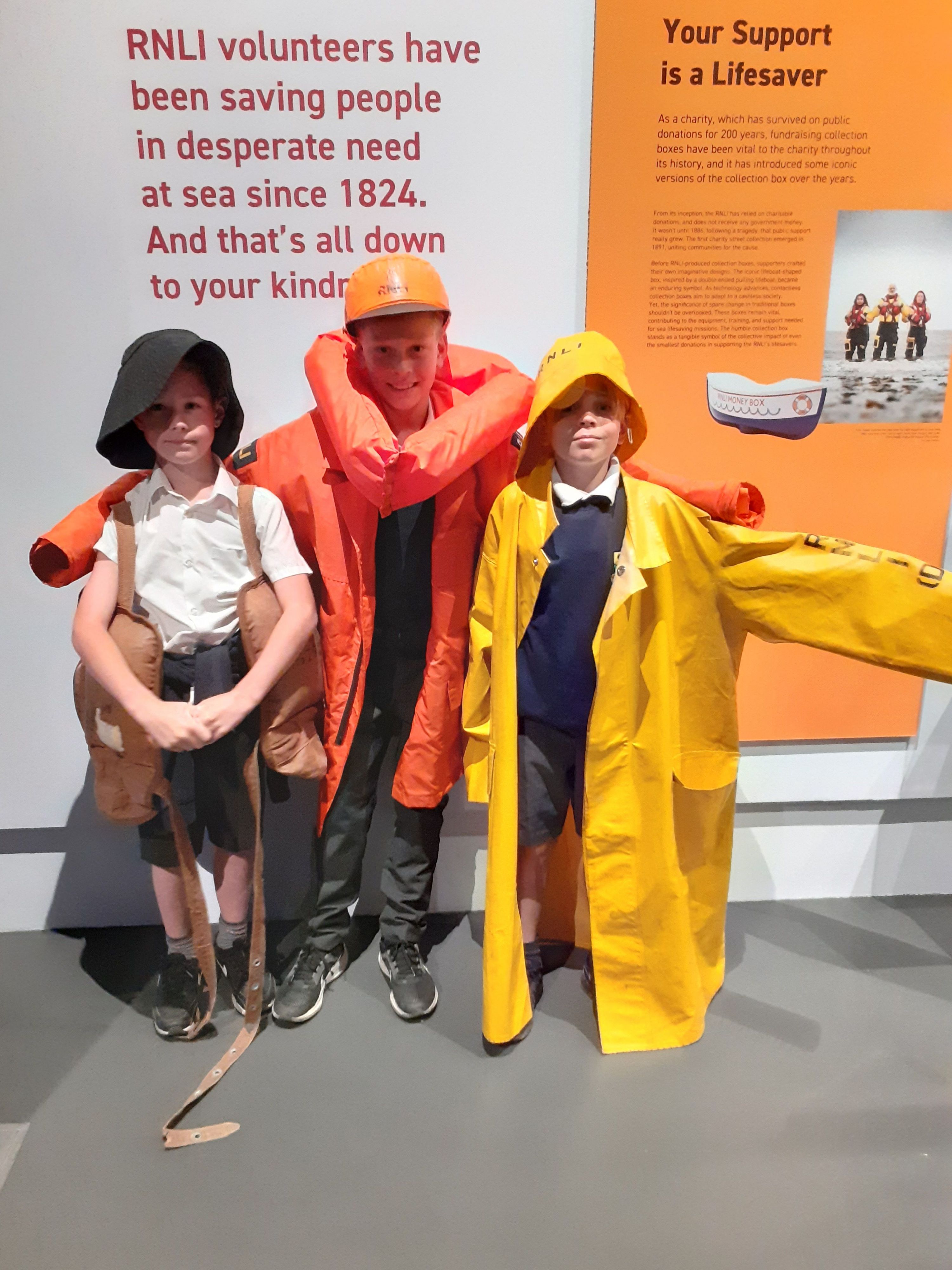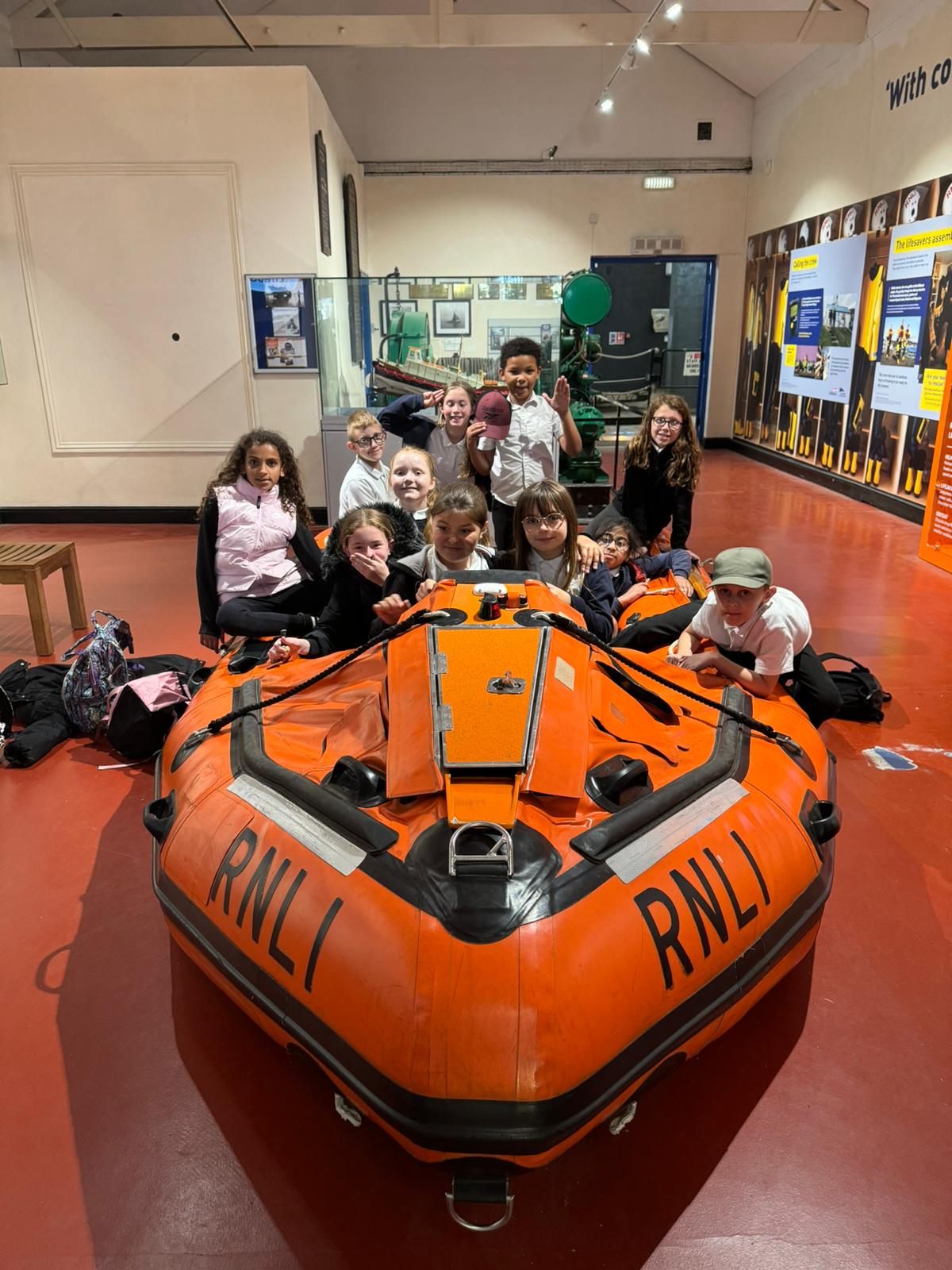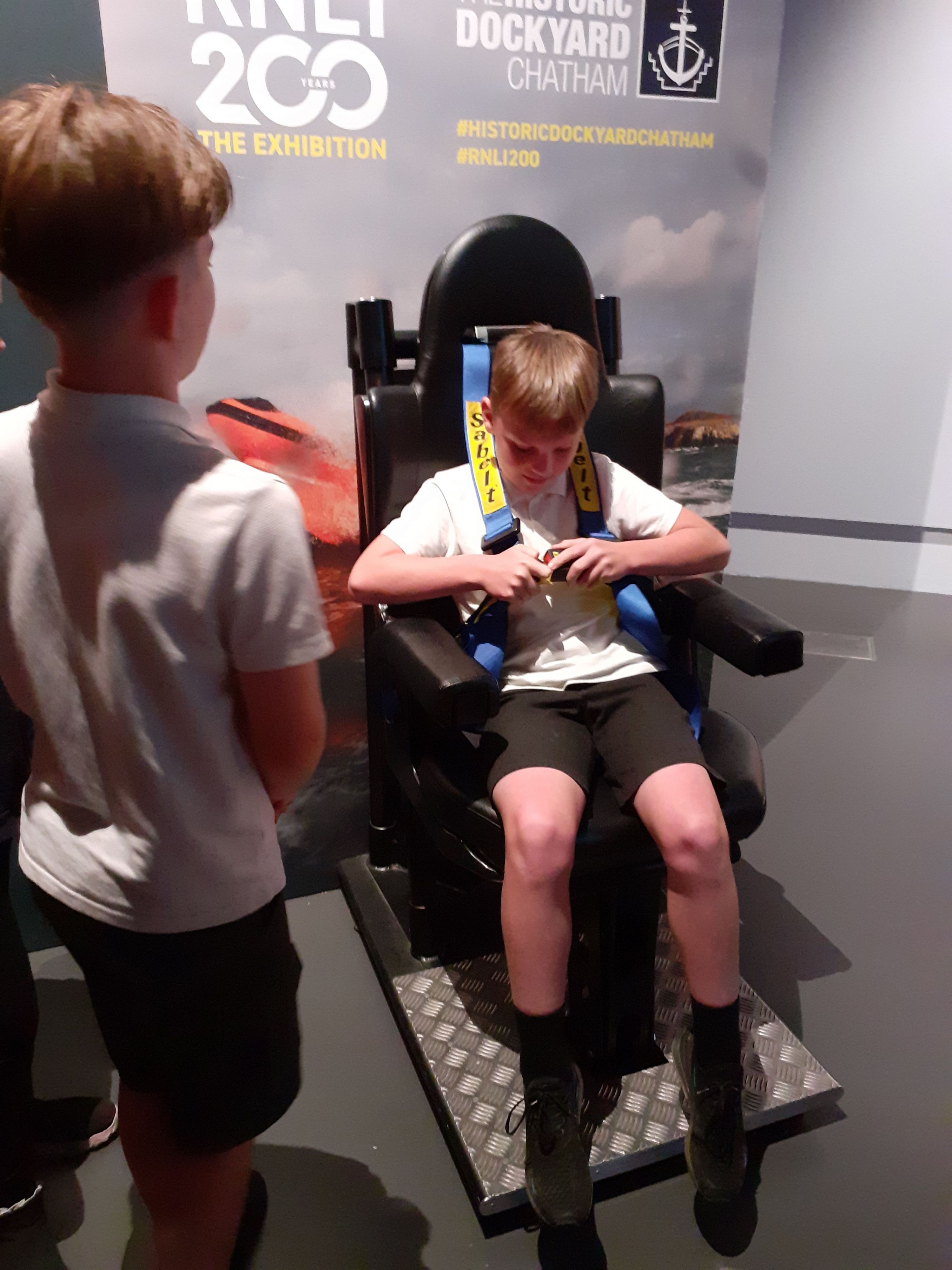At Thames View, our evolving History curriculum aims to foster awe and wonder as well as a curiosity about the past, bringing it to life through primary and secondary sources in addition to visits outside the classroom and visitors to the school. It aims to inspire our children to actively explore different periods of local, British and world history, as well as cultures and individuals, to make connections between them and understand the impact they have had on the world in which we live now.
As children progress through the school, they will be taught the skills required to become a good historian; to ask about the how and the why; to research, gather and present their learning about the past; to question their information for authenticity, perspective and reliability as well as to realise how historical knowledge changes with new evidence or with different interpretations of events.
We aim for children to become confident learners with the historical knowledge and skills to gain an appreciation of how history has shaped the present and how it influences the future.
Aims
Thames View aims for History are in line with the National Curriculum for KS1 and KS2.
The History curriculum aims to ensure that all pupils:
- know and understand the history of these islands as a coherent, chronological narrative, from the earliest times to the present day: how people’s lives have shaped this nation and how Britain has influenced and been influenced by the wider world;
- know and understand significant aspects of the history of the wider world: the nature of ancient civilisations; the expansion and dissolution of empires; characteristic features of past non-European societies; achievements and follies of mankind;
- gain and deploy a historically grounded understanding of abstract terms such as ‘empire’, ‘civilisation’ and ‘parliament’;
- understand historical concepts such as continuity and change, cause and consequence, similarity, difference and significance, and use them to make connections, draw contrasts, analyse trends, frame historically-valid questions and create their own structured accounts, including written narratives and analyses;
- understand the methods of historical enquiry, including how evidence is used rigorously to make historical claims, and discern how and why contrasting arguments and interpretations of the past have been constructed;
- gain historical perspective by placing their growing knowledge into different contexts, understanding the connections between local, regional, national and international history; between cultural, economic, military, political, religious and social history; and between short- and long-term timescales.
Foundation Stage
In the Foundation Stage, children are inspired and supported to lead their History learning. The children are encouraged to learn and develop their understanding of themselves and the world around them.
The children are supported by our teachers to pursue their interests in line with the Early Adopter Early Learning Goals. History fits into the 'Understanding the World' area of learning, learning through experiences that introduce the concept of time and change.
Children in EYFS start to learn about the difference between the present and past in their lives and the lives of family members as well as identifying some similarities and differences between things in the past and now, by drawing on their own experiences and what is encountered in books read in class and storytelling. Through these activities, children begin to develop historical language (vocabulary associated with the passing of time) and independence in exploring artefacts and using them in their own imaginative play. As children progress through EYFS, they become increasingly aware of patterns and changes in routines and how they have an impact on their lives (e.g. how changes in weather affect what they wear).
Key Stage 1 – Years 1 and 2
In Key Stage 1, our History curriculum initially builds on the EYFS focus on how the lives of families change with children finding out more about their family history. Linking closely with the Science and Geography curriculum, the children then go on to explore the lives of significant individuals within living memory before moving gradually further back in time by looking at changes to national life over time which are familiar from personal experiences. This is then extended to exploring a significant place locally with a study linked to Rochester Castle and an important national event with the sinking of the Titanic, learning about the impact they have had on the people of their local area and beyond.
As children progress through Key Stage 1, they further develop the vocabulary relating to the passing of time and their understanding of where people and events occur on a historical timeline within living memory and beyond. To learn and understand key features of historical events, they are encouraged to ask and answer questions about the past using both primary and secondary sources as a stimulus for enquiry and to demonstrate how we find out about the past.
Key Stage 2 – Years 3 to 6
During Key Stage 2, our History curriculum continues to develop children’s understanding of local and British history, taking the children further back in time to explore British history from pre-history (the Stone Age) through to modern history with World War I and II, considering the developments of each historical age and their impact on future societies. Local history links to Key Stage 1 and our Geography curriculum by investigating key periods and events of the history of the River Medway which had an impact on the local area and nationally. In addition to these areas of study, we also focus on the earliest and Ancient civilisations from around the world, finding connections and contrasts when comparing the periods studied and considering their legacy for the modern world. Studying the modern part of the world linked to these civilisations beforehand in Geography allows the children to make direct comparisons.
As children progress through Key Stage 2, the skills taught build upon previous skills learned and allow children to apply them in a variety of contexts. They further develop their chronological terminology, enabling them to form and answer more perceptive historical questions when investigating a range of evidence sources. They become aware that different versions of past events may exist and are encouraged to give reasons for this when considering their reliability.
Gallery - Term 6 - Year 5 trip to Chatham Dockyard
